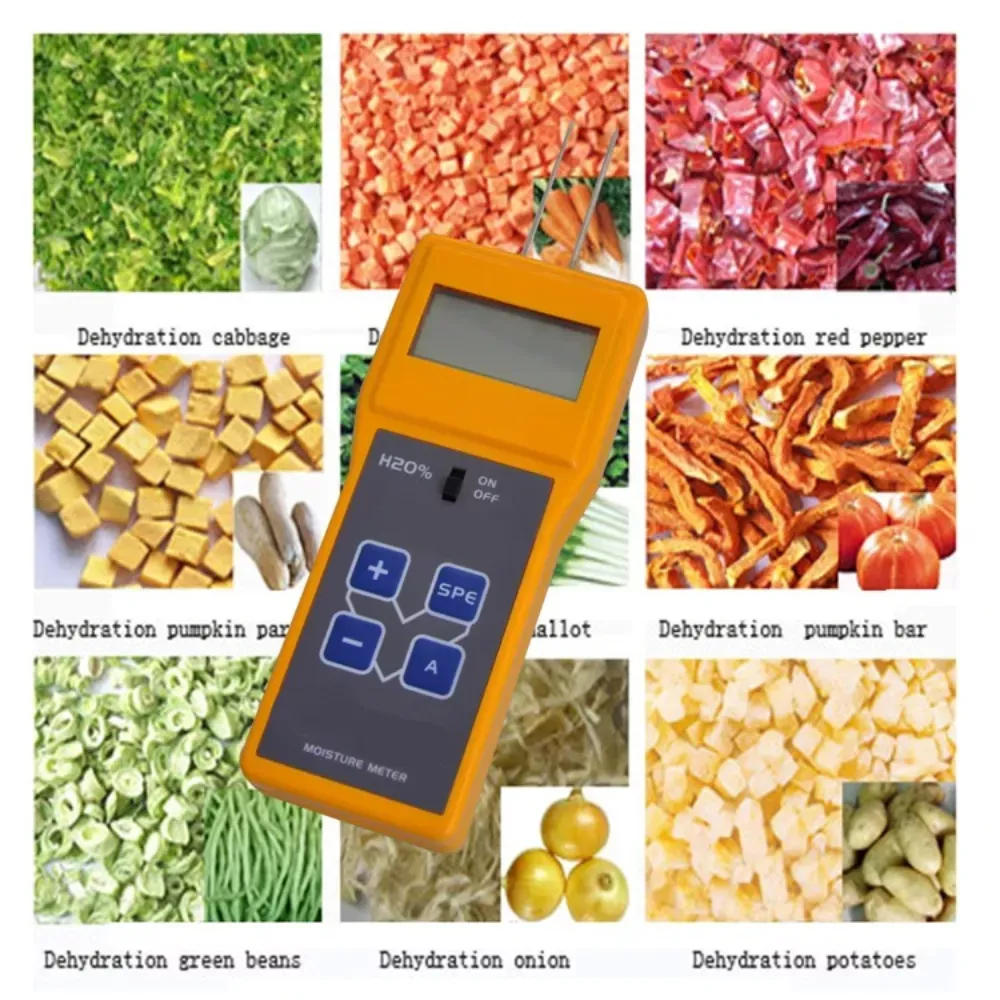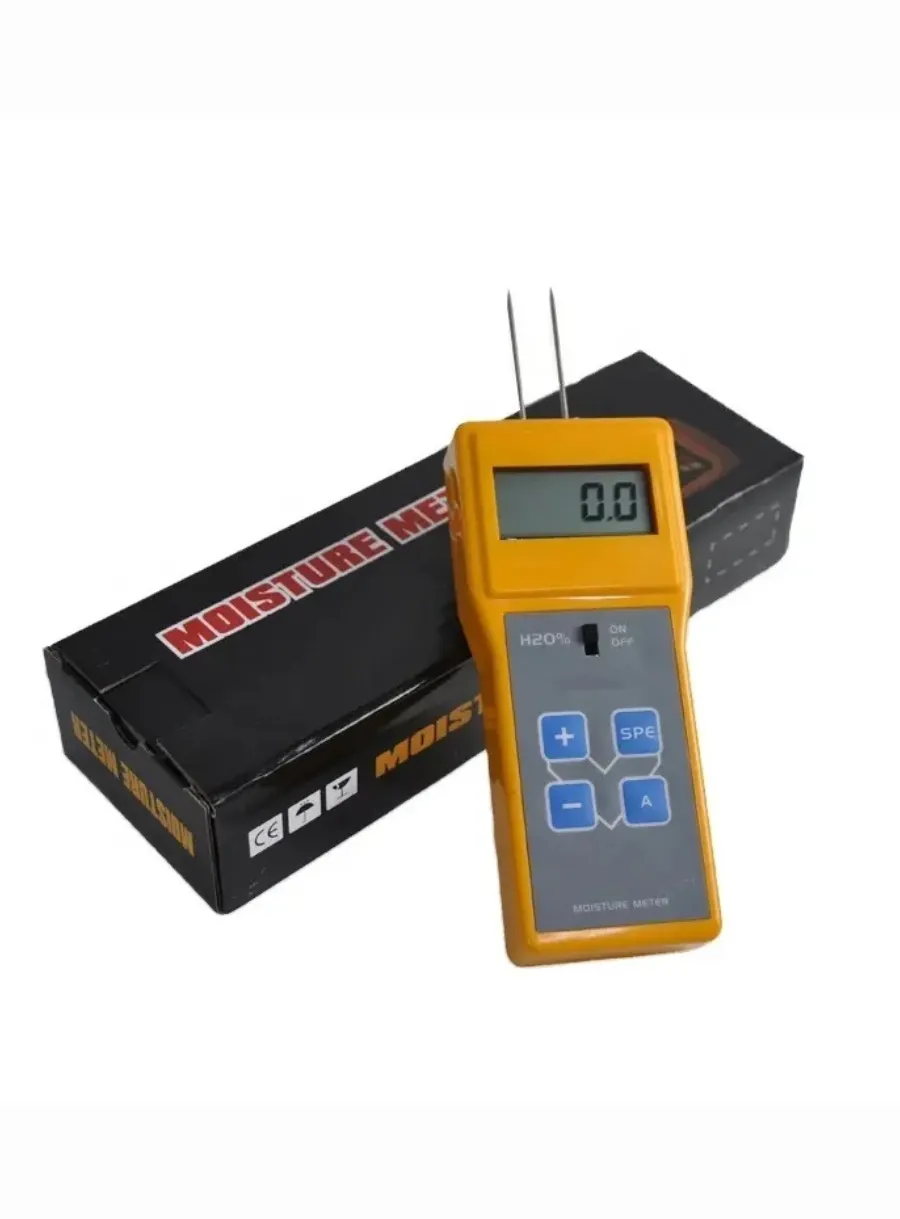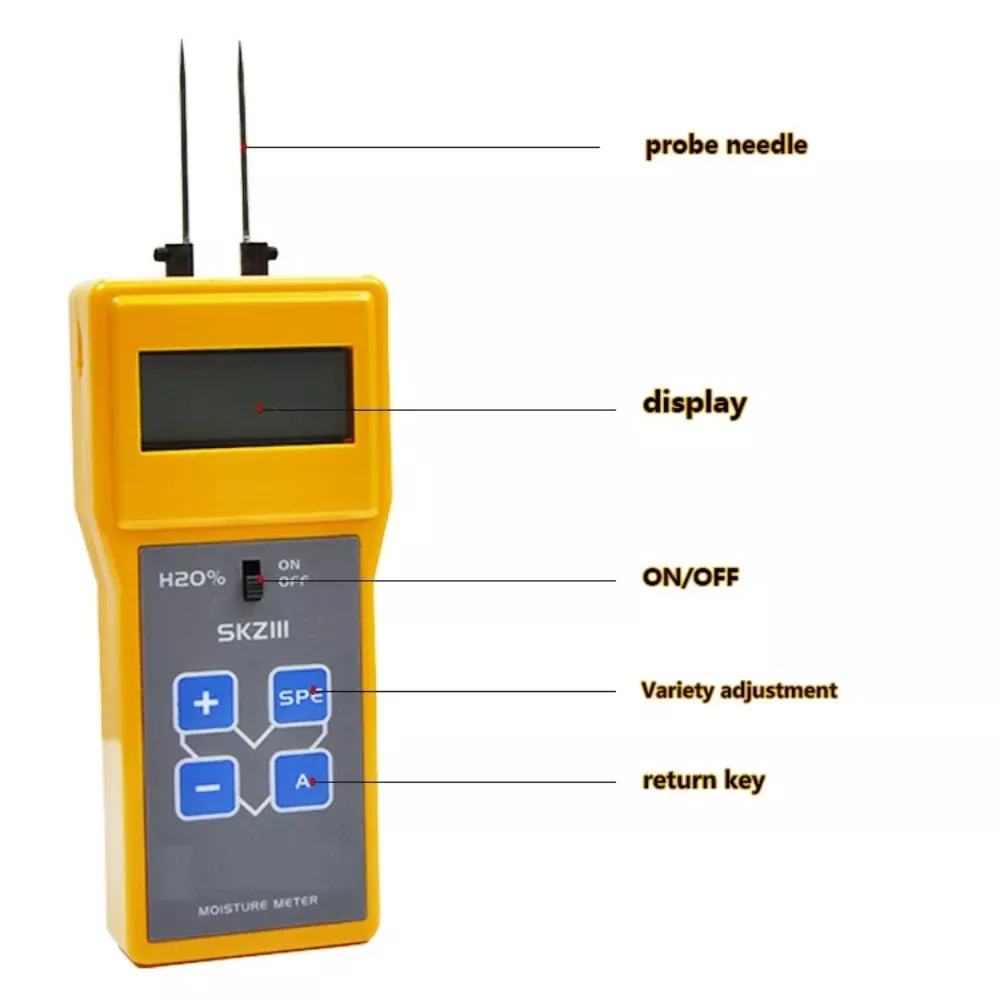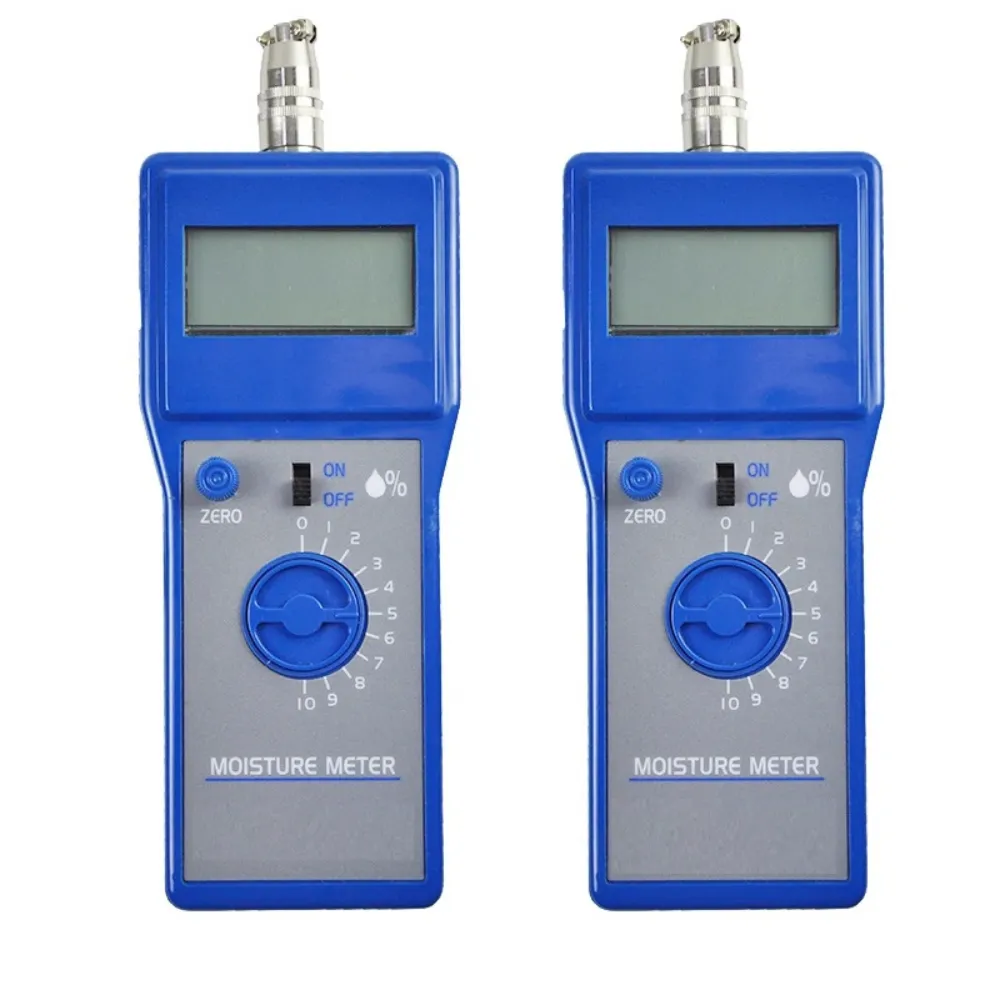
The Importance of Moisture Measurement in Dehydrated Foods
Table of Contents

Moisture measurement in dehydrated food is a crucial aspect of the food industry, as it ensures the quality, safety, and shelf life of the products. Dehydrated foods are those that have had most of their water content removed, either through natural processes or artificial means. This process is commonly used to preserve food, as it reduces the risk of spoilage and extends the shelf life. However, it is essential to measure the moisture content accurately to maintain the quality and safety of the food.
The moisture content in dehydrated food can affect its taste, texture, and nutritional value. For instance, if the moisture content is too high, the food may become susceptible to microbial growth, which can lead to spoilage and foodborne illnesses. On the other hand, if the moisture content is too low, the food may become brittle and crumbly, making it difficult to consume. Therefore, it is vital to maintain an optimal moisture content to ensure the food is safe and enjoyable to eat.

There are several methods for measuring moisture content in dehydrated food, including gravimetric analysis, near-infrared spectroscopy (NIR), and Karl Fischer titration. Gravimetric analysis involves weighing the food before and after drying, and then calculating the difference in weight to determine the moisture content. NIR is a non-destructive method that uses the absorption of near-infrared light to determine the moisture content. Karl Fischer titration is a highly accurate method that uses a chemical reaction to measure the moisture content.
Each of these methods has its advantages and disadvantages, and the choice of method depends on factors such as the type of food, the desired level of accuracy, and the available resources. For example, gravimetric analysis is a simple and inexpensive method, but it can be time-consuming and may not be suitable for all types of food. NIR is a fast and non-destructive method, but it may require specialized equipment and training. Karl Fischer titration is highly accurate, but it can be more expensive and time-consuming than other methods.
In addition to measuring moisture content, it is also essential to monitor the temperature and humidity during the dehydration process. These factors can affect the rate at which water is removed from the food, and if not controlled properly, can lead to uneven drying and inconsistent moisture content. Therefore, it is crucial to use appropriate equipment and techniques to control the temperature and humidity during the dehydration process.
In conclusion, moisture measurement in dehydrated food is a critical aspect of the food industry, as it ensures the quality, safety, and shelf life of the products. Accurate moisture content measurement is essential to maintain the taste, texture, and nutritional value of the food. There are several methods for measuring moisture content, and the choice of method depends on factors such as the type of food, the desired level of accuracy, and the available resources. Additionally, it is essential to monitor the temperature and humidity during the dehydration process to ensure consistent moisture content and product quality.
Comments
Tags
Frequently Asked Question
Moisture measurement is crucial in dehydrated foods to ensure quality, safety, and shelf life. It affects taste, texture, nutritional value, and prevents microbial growth and spoilage.
Common methods include gravimetric analysis, near-infrared spectroscopy (NIR), and Karl Fischer titration. Each method has its advantages and is suitable for different situations.
Too high moisture content can lead to microbial growth and spoilage, while too low moisture content can make the food brittle and difficult to consume. Optimal moisture content ensures food safety and enjoyable consumption.
Monitoring temperature and humidity is essential because these factors affect the rate of water removal from the food. Proper control ensures even drying and consistent moisture content, leading to better product quality.


